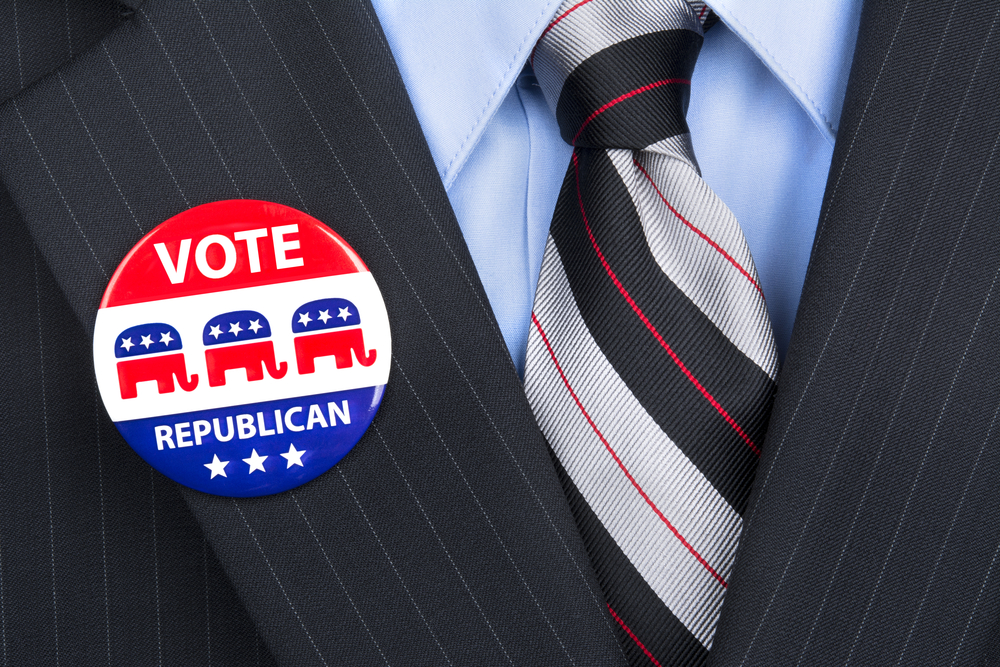Breaking
GOP seizes on anger, demographics for success
WASHINGTON — Their rout complete, Republicans are celebrating sweeping victories from North Carolina to Colorado.
The GOP’s success, however, may have as much to do with the dynamics of a low-turnout midterm election as widespread dissatisfaction with President Barack Obama’s leadership, according to operatives and pollsters still working to understand how the Republican Party exceeded its own already high expectations this week.
An estimated 37 percent of eligible voters cast a ballot in the midterm elections, said Michael McDonald, an associate professor at the University of Florida. If that projection holds, it would be the lowest turnout since 1942, when Americans busy fighting a war let the level drop to 34 percent.
This year’s electorate was largely older, whiter and more male than is often the case in presidential years. Republican pollsters knew the GOP would benefit from a smaller and less diverse electorate, but didn’t predict the extent to which some Democratic allies would stay home on Election Day.
“The composition of the electorate was fundamentally different than anyone predicted,” said Gene Ulm, a pollster at Public Opinion Strategies, a firm that worked for Republican candidates or super PACs in Maine, Iowa, Colorado, New Mexico, North Carolina and Kentucky, among other states.
Indeed, the GOP scored sweeping victories across the rural and Southern states that Republicans typically dominate. But their success went much further, extending into battleground states and regions that are solidly Democratic.
A closer look at the electorate offers some clues about how the GOP seized the Senate majority, expanded its House majority and broadened its advantage in governors’ mansions across the nation.
Nationally, 6 in 10 voters were dissatisfied or angry with the Obama administration, and 6 in 10 separately said the same of Republicans in Congress, according to exit polls conducted for the AP and the television networks by Edison Research.
Julie English, a 54-year-old office manager from the Denver suburbs, was among those who felt a deep dissatisfaction with the direction of the country.
She took out her frustration on Democrats, voting for all of Colorado’s Republican candidates, including Sen.-elect Cory Gardner, who defeated incumbent Democrat Mark Udall on Tuesday in a state that President Barack Obama won twice.
“What the Republican candidates were saying is more the direction I want the country to go,” she said.
Voters who were dissatisfied with both sides fueled the GOP’s success: Nearly two-thirds supported Republican candidates. It did not matter to these voters that the nation’s unemployment rate hit a six-year low last month. Those who were dissatisfied or angry with both Obama and GOP leaders felt overwhelmingly that the economy is getting worse or that it’s already bad and stagnating.
At the same time, the Republican National Committee attributed much of the party’s success to its costly voter turnout program that targeted “low-propensity Republican voters.”
GOP officials spent millions of dollars on technology upgrades and new staff to collect data on prospective voters and ensure they cast ballots, claiming Wednesday that it had fundamentally changed its strategy and expanded the electorate.
Republicans were particularly pleased with their performance across eight states typically considered battlegrounds or Democrat-leaning in presidential years: Colorado, Florida, Iowa, Michigan, North Carolina, Ohio, Virginia and Wisconsin.
In those states, nearly 6 in 10 disapproved of Obama in all except Michigan, where 50 percent disapproved. Three-quarters were worried about the direction of the nation’s economy, though that was slightly lower in Colorado. Majorities of voters across all eight states expressed generally unfavorable views of each party.
That dissatisfaction combined with disaffection to fuel the GOP’s success.
Overall, the demographic makeup of people who voted in 2014 appears similar to those who voted in previous midterms.
Exit polls suggest that black voters made up about 1 in 8 voters nationally, similar to the last midterm in 2010. Young people were also just over a tenth of the electorate.
While some attributed the GOP’s dominance to shifts in turnout, even states that featured strong showings from Democratic-leaning groups didn’t guarantee Democrats’ success.
About two-thirds of voters in each state were over age 45, but the GOP still carried the day in Wisconsin, the state with the highest share of voters under age 30.
Men slightly outnumbered women in the electorates in Colorado and Ohio. But women made up 53 percent of voters in North Carolina, about the same as in 2008, and broke for defeated Democratic incumbent Sen. Kay Hagan by virtually the same margin as in her 2008 victory. Further, black voters made up 22 percent of the electorate in North Carolina, similar to the 19 percent they comprised in 2008, yet Hagan still lost.
In Iowa, unmarried women made up 19 percent of the electorate. That’s about the same as in 2012, yet they were far less likely to back Democratic Senate candidate Bruce Braley than Obama in 2012, helping Republican Sen.-elect Joni Ernst to win by nearly 10 percentage points.
Still, some Republican strategists warned that the GOP has work to do with minority voters and women if it hopes to repeat its success in 2016, when a far larger and more diverse group of voters participate.
“I don’t necessarily think that we’ve solved that problem,” said Republican strategist Vin Weber.
Associated Press writers Connie Cass and Emily Swanson contributed to this report.






















